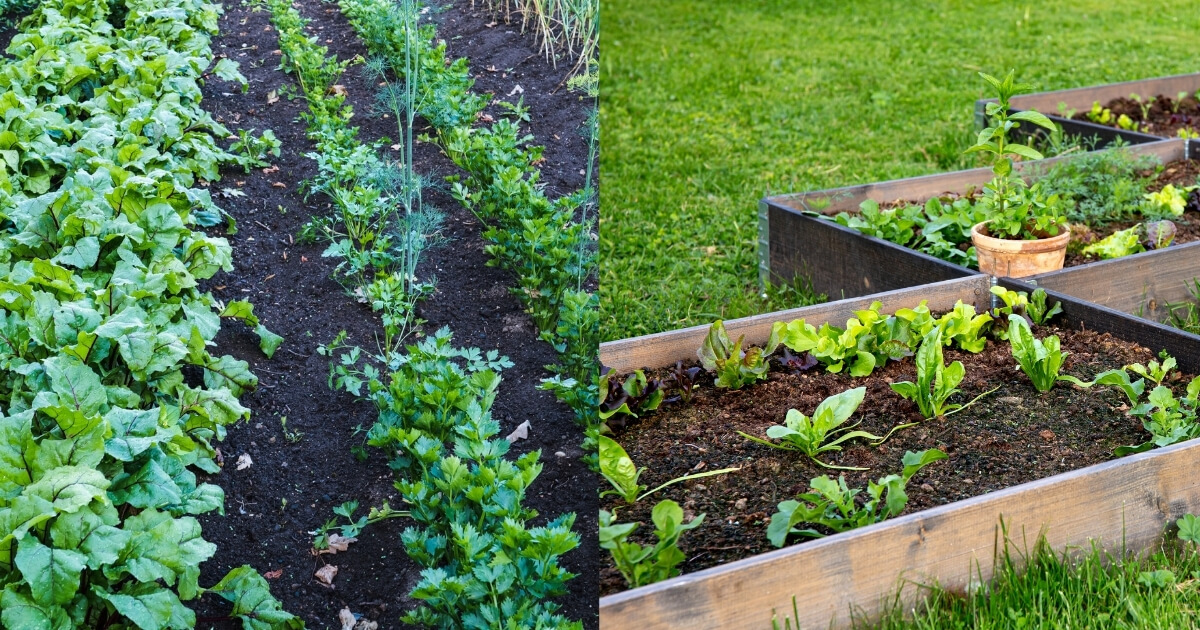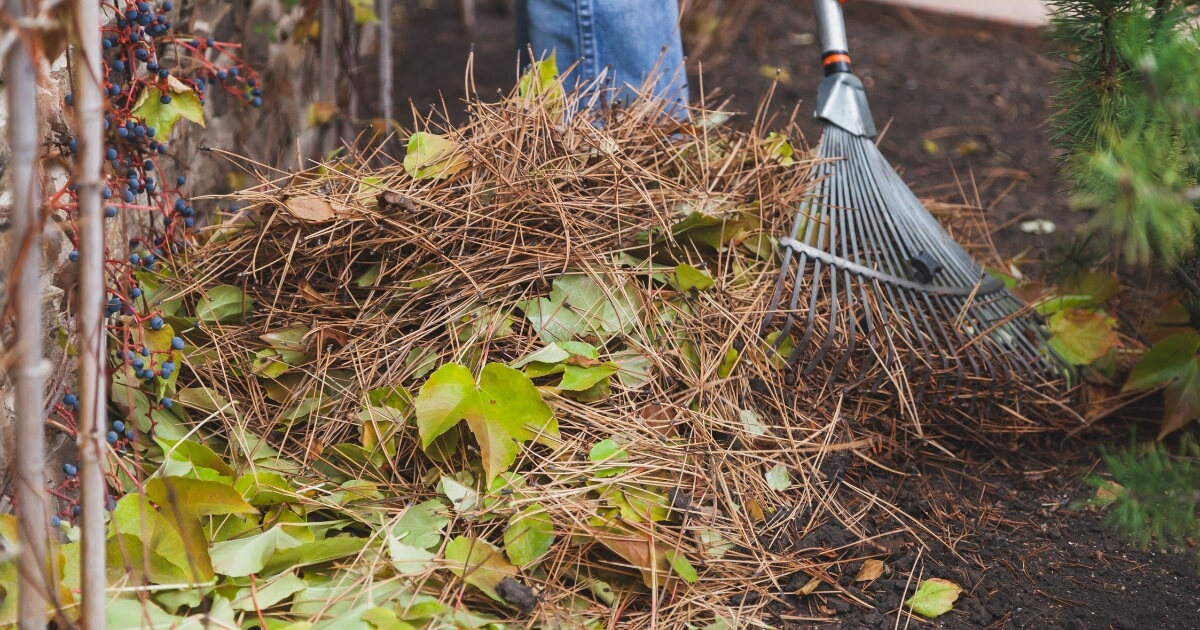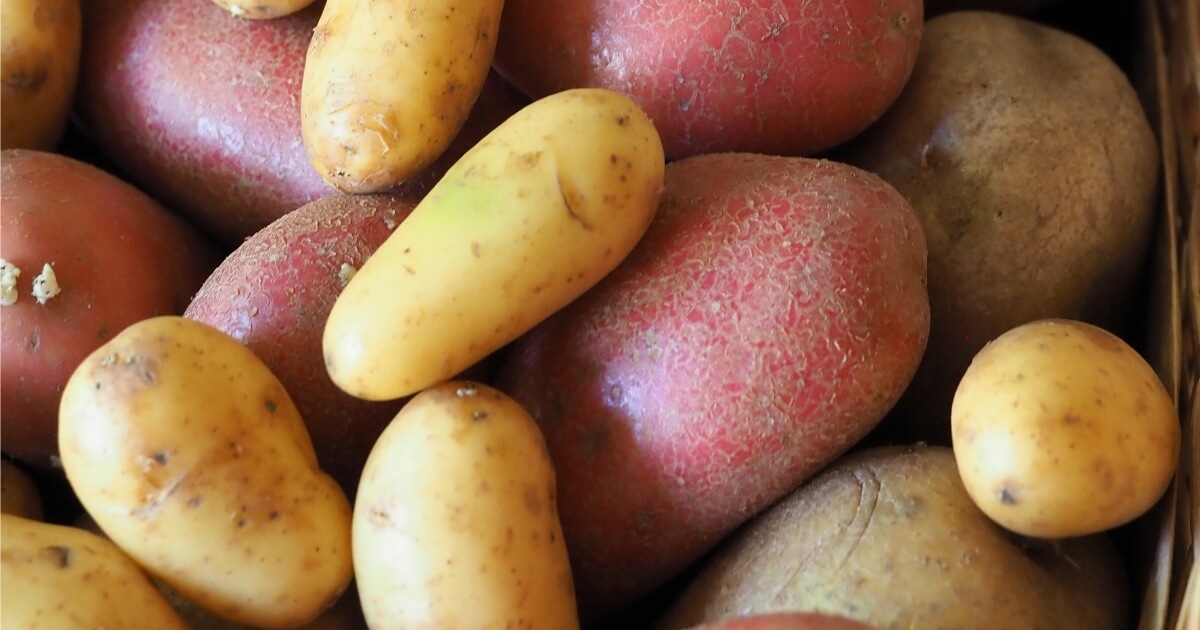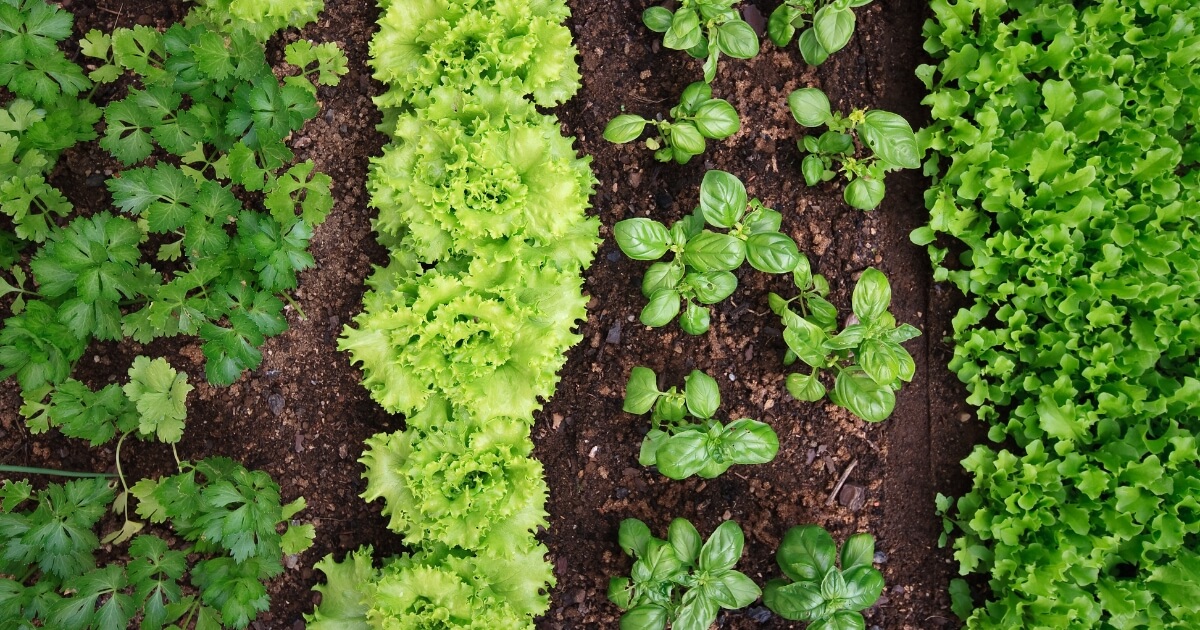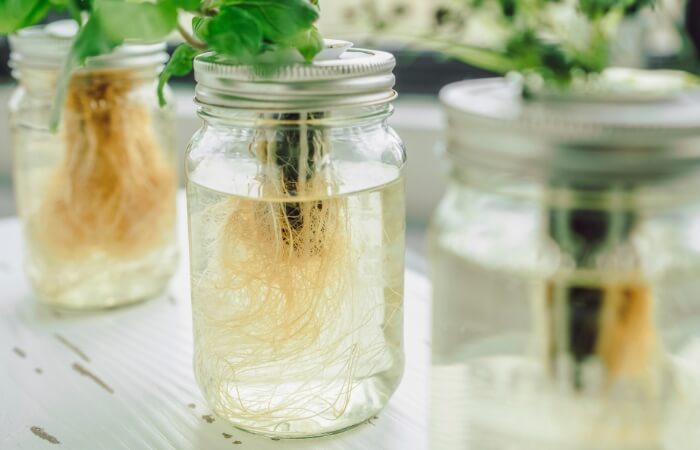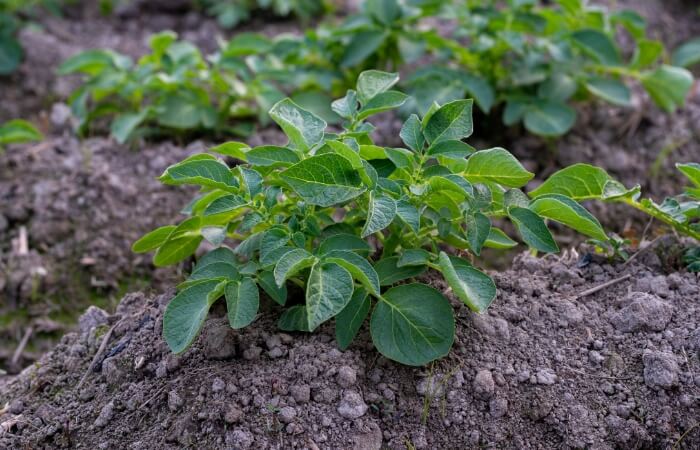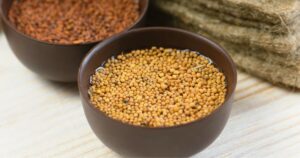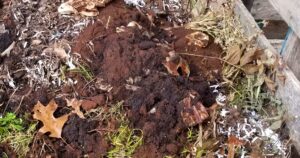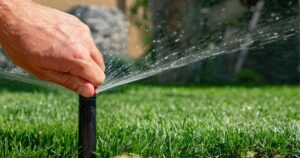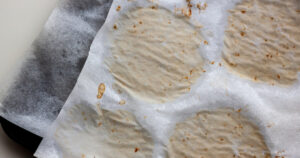Every wonder what worms eat and drink?
If you’re like me and want worms to live in your backyard so your soil and garden can benefit, it’s critical to know what food and drink attract them.
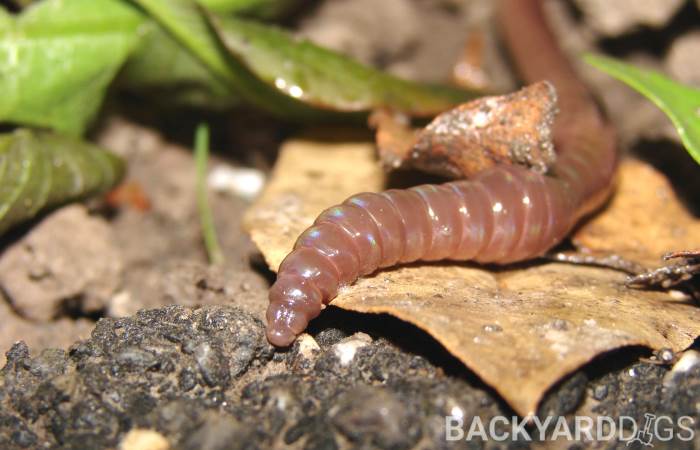
I researched and put together this guide to share what and how worms eat, explain if they have teeth, and how much water they need to survive. By reading to the end, you, too, will know how to keep your backyard worms healthy and active!
How Do Worms Eat?
Earthworms eat by pushing food into the mouth, where it uses its muscular pharynx to grab the material and coat it with saliva before it travels through the rest of the worm’s anatomy.
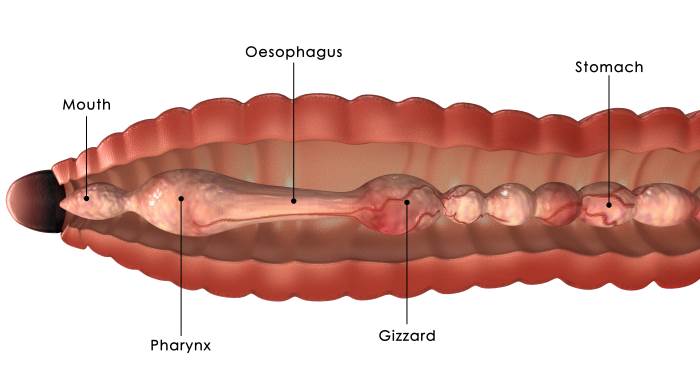
The food will move down the esophagus and land in the crop. The food remains in the crop until it’s ready to pass into the gizzard. The gizzard is, in essence, the teeth of the worm that grinds food up into tiny pieces.
Once the food processes in the gizzard, it moves to the intestine. Digestive enzymes release inside the intestine that breaks the food down even more so the worm can absorb some of the nutrients into the bloodstream.
The remaining material passes out of the anus in the form of castings or poop. Castings resemble fine dirt but are rich in nutrients that help new plants grow.
Related | Earthworms vs Compost Worms
Do Earthworms Have Teeth?
No, earthworms do not have teeth but use a fleshy extension near the mouth to push food into the throat. Once in the throat, muscles grab the food and push it through the worm’s digestive system.
Common Questions About Worm Diet
Many people don’t know what worms eat and often ask these questions, which I answer so you can understand more about a worm’s diet.
Do Worms Eat Dirt?
Some worms that live deep underground do eat dirt and survive off the nutrients that microscopic fungi, bacteria, and algae on the dirt provide.
Worms that live closer to the earth’s surface feed on the organic matter within the raw dirt, like dead plant and animal matter, as well as manure.
Worms will hunt for food, so if your backyard does not provide an adequate amount of organic matter in which to feed, they will move to a better location.
Turning over several inches of topsoil while incorporating leaves, compost, or other worm “foods” encourage them to stick around and reproduce.
Do Worms Eat Grass?
Worms do eat grass, but only after it has died. The worms garner nutrients from the decaying grass, and any microorganisms also feeding on the material.
Earthworms do not eat any part of live grasses, including the roots. In fact, worms are responsible for cleaning up a large portion of decaying grass clippings left on your lawn after mowing.
Not only does such a plentiful source of food attract worms, but they can improve the health of your lawn by leaving castings as fertilizer and aerating the soil as they tunnel.
Do Earthworms Eat Plants?
Just like grass, earthworms do not eat live plants.
Worms do eat dead and decaying plant matter from leaves, stems, wood, and roots. They will also feed on any hitchhiking microorganisms on the plant material.
A great way to recycle kitchen food scraps like vegetable or fruit peelings is to chop them up and bury them a few inches under the soil. Coffee grounds are another worm favorite. In no time, worms will come around to feast on the scraps.
How Much Water Do Worms Need?
Worms do not drink water through their mouths, but they do need water to live.
How much water is enough?
To understand this answer, you need to know how worms breathe. Worms use their skin for breathing and not a set of lungs.
The only way a worm can pass oxygen through its skin is if it is moist. Worms form a mucus that coats their skin to aid in moisture retention, but for the most part, a worm relies on the moisture in the soil to provide this necessity.
Related | Best Soil Moisture Meters
If the ground is too wet, worms will drown. That is why after a rainstorm, it’s common to see worms slithering across your driveway or other high ground. If the soil is too dry, worms will dehydrate and possibly suffocate if they can’t find a moist environment.
A well-drained yet dense soil that retains some moisture provides a perfect habitat for worms.
If your yard is continuously muddy, worms will not want to live there. If your yard is mostly sand or parched, worms will also find it unhospitable.
In Summary
Earthworms from large nightcrawlers to small red wigglers are incredibly beneficial to your yard and garden, but they need the proper diet to survive and thrive.
Now that you know what do worms eat and drink, you can make sure your backyard provides the essential food and water they need to be happy and live a long, healthy life!
